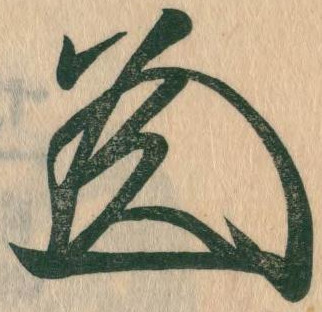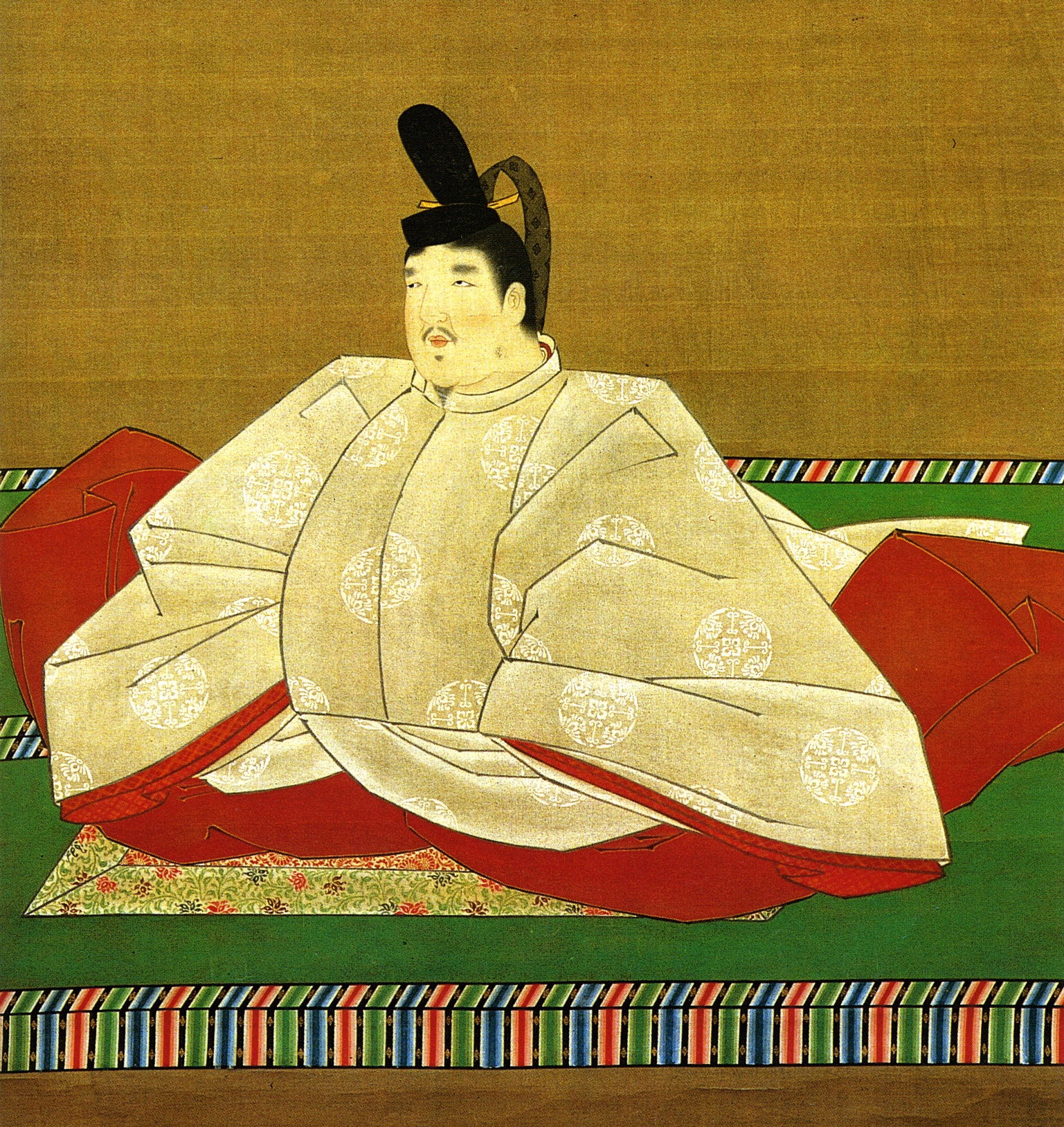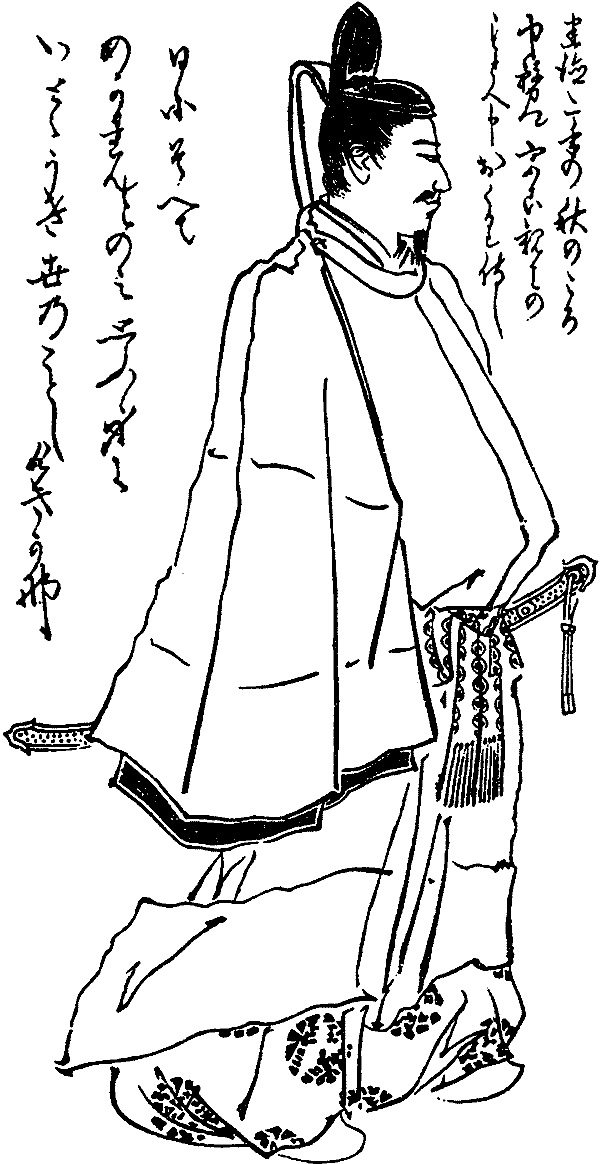The Rising Tide
After Yoshimitsu, the Ashikaga Shoguns would all try their hand at keeping the powerful shugo-daimyo clans in line. Ashikaga Yoshinori went to extreme lengths to dominate them, but paid the ultimate price.
After Yoshimitsu, the Ashikaga Shoguns would all try their hand at keeping the powerful shugo-daimyo clans in line. Ashikaga Yoshinori went to extreme lengths to dominate them, but paid the ultimate price.
In the closing years of the reign of Ashikaga Yoshimitsu, the Shogun would continue to reach ever higher for honors and titles which were usually reserved for sovereigns. He would also continue to refine Japan’s aesthetic tastes by patronizing Noh performances.
As the Yuan Dynasty fled China, two factions emerged in the Korean government – one which supported Yuan restoration and one which acknowledged the new Ming Dynasty. As a result, the Goryeo Dynasty collapsed and in its place arose the Joseon Dynasty.
As the Yuan Dynasty lost ground against rebel uprisings, a leader of the Red Turbans would eliminate his rivals until finally driving the Yuan out of Khanbaliq and founding the Ming Dynasty.
#History #Japan #Podcast #Patreon #MingDynasty #China #RedTurbans
After Kublai Khan’s death, the Yuan Dynasty was divided by two rival factions – one who wanted total Mongol traditional rule and one who preferred Confucian government. The economic turmoil caused by these feuding parties gave rise, in part, to the Red Turban Rebellion.
#History #Japan #Podcast #China #Yuan #RedTurbans #Rebellion
Ashikaga Yoshimitsu retires… or does he? The Ouchi clan seizes its moment but faces off against the Shogun’s private army – the Hokoshu. We also explore the differences and similarities between the Muromachi Bakufu and the Kamakura Shogunate.
#History #Japan #Podcast #Muromachi #Yoshimitsu #MedievalJapan #Shikataganai
The reign of Ashikaga Yoshimitsu was remarkable for many reasons, including the conclusion of the Nanboku-cho period. As the Southern Court finally capitulates, however, they soon learn that the Bakufu has no intention of enforcing their end of the peace treaty.
#Japan #History #Podcast #Muromachi #Ashikaga #Samurai #Shogun
Within a decade, Heian-kyo would undergo multiple possessions by both the Northern and Southern Court. As Ashikaga Yoshimitsu is installed as the third Shogun, his regent Hosokawa Yoriyuki solidifies the Bakufu’s status as a legitimate funcitoning government.






Recent Comments